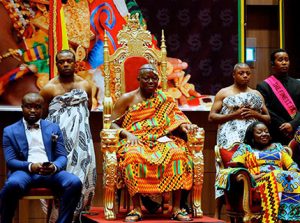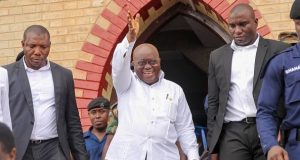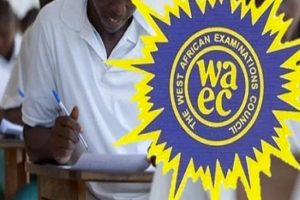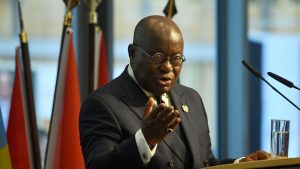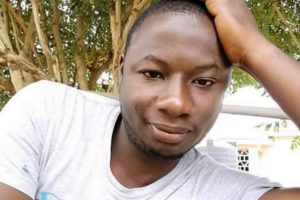Sri Lankan MPs have elected prime minister Ranil Wickremesinghe as the country’s new president, despite his unpopularity with the public.
Mr Wickremesinghe faces the task of leading the country out of its economic collapse and restoring public order after months of mass protests.
He roundly defeated his main rival for the job, Dullus Alahapperuma, with 134 votes to 82 in the parliamentary vote.
Sri Lanka’s ex-president Gotabaya Rajapaksa fled the country last week.
He bolted to the Maldives and then Singapore after thousands of protesters stormed his presidential residences and other government buildings, calling for his resignation.
They had also called for the resignation of Mr Wickremesinghe, who was appointed prime minister in May. Protesters burnt down his private home and also stormed his prime ministerial office in Colombo in demonstrations against his leadership.
Sri Lanka is effectively bankrupt and facing acute shortages of food, fuel and other basic supplies.
After his election, Mr Wickremesinghe told parliament the nation was “in a very difficult situation” adding that “we have big challenges ahead”.
He is aiming to restore political stability so the country can resume negotiations with the International Monetary Fund (IMF) for a bailout package. He has been involved in the talks so far.
The 73-year-old also called on his political opponents to work with his government for the good of the country.
Mr Wickremesinghe has been in Sri Lankan politics for 45 years and has previously twice run for presidency been prime minister six times.
The ruling Sri Lanka Podujana Peramnua (SLPP) party also said the majority of their members had backed Mr Wickremesinghe because of his economic credentials.
“We feel that Ranil Wickremesinghe is the only person with the experience, the know-how and the capacity to provide solutions to the economic crisis,” General Secretary Sagara Kariyawasam told the Reuters news agency.
However Mr Wickremesinghe’s election may spark further unrest and mass protests. On Wednesday, ahead of the results, barricades were set up around the parliament and soldiers lined the perimeter in preparation for any protests.
The past fortnight has seen demonstrators calling on Mr Wickremesinghe to step down, as they view him as part of the political elite who had mishandled Sri Lanka’s finances.
But he has defied those calls and last week assumed the position of acting president after Mr Rajapaksa fled. His victory means he will serve out the rest of the presidential term until November 2024.
His challenger Mr Alahapperuma is a dissident MP in the ruling party who gained the backing of the main opposition. He had pledged to bring a new cross-party government to Sri Lanka that would “put an end to the deceitful political culture”. However he failed to muster majority support.


